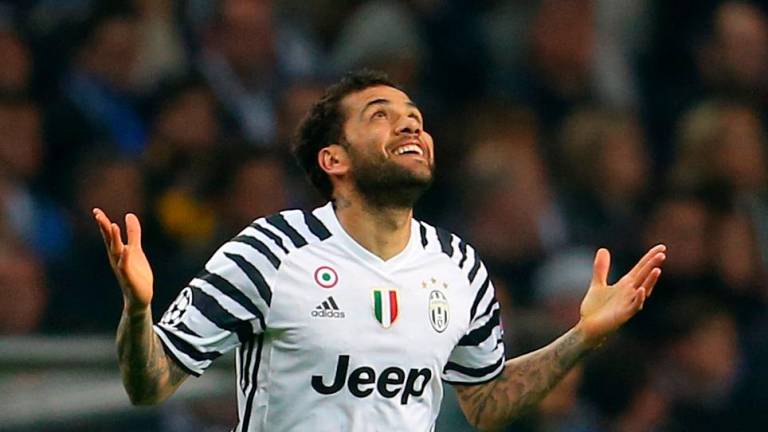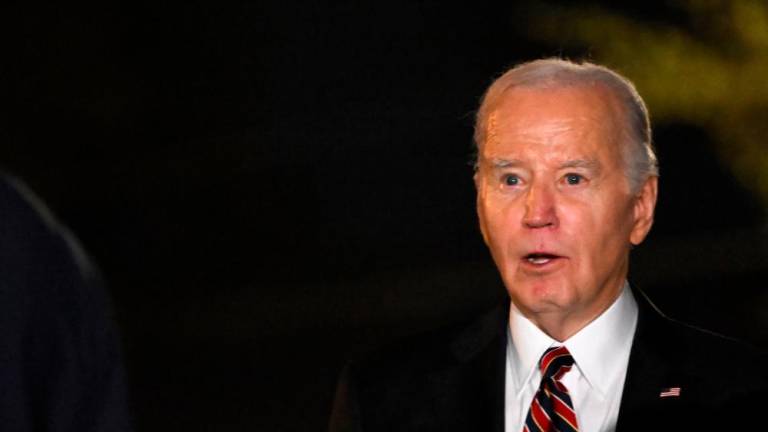AS the number of Democrats declaring candidacy for the 2020 presidential nomination continues to grow, many pundits, analysts and Republicans seem to think this is a gift to President Donald Trump. They could not be more incorrect. A crowded field does not necessarily mean that party in-fighting will weaken the ultimate nominee; it may in fact strengthen the candidate by toughening up him or her.
Indeed, recent history belies the notion that multiple candidates hurt the party seeking to recapture the White House. There have been three such competitions in the last half-century, in 1976, 1988 and 1992. In each of these election years Democrats – the out-party – had a lively, competitive battle for the nomination, and in two of the three years Democrats prevailed.
In 1976, 17 Democrats sought the nomination of their party to face incumbent President Gerald Ford. Because Ford was not elected to the office – he became president when Richard Nixon resigned in disgrace – he was regarded as very vulnerable. Ford’s situation was made even worse by the challenge, which nearly succeeded, of Ronald Reagan in his own party.
Democrats ended up nominating a true outsider – Jimmy Carter, a former Georgia governor who proudly campaigned on having spent no time in Washington, D.C. Carter defeated a host of well-known, seasoned Democrats following a rancorous battle in which most party veterans opposed him. Nevertheless, he went on to narrowly defeat Ford in the general election.
In 1988, 12 Democrats fought it out for the nomination in a spirited race featuring three well-known forty-somethings – Al Gore (the Democrats’ nominee in 2000), Gary Hart (forced to drop out following a sex scandal), and Joe Biden (today’s Democratic frontrunner, even though he has yet to announce his expected candidacy). Also contending was black civil rights activist Jesse Jackson. Ultimately the nomination was secured by Massachusetts Governor Michael Dukakis.
Dukakis lost in the presidential election, but not because he was banged up during the Democrats’ fight for the nomination. Instead, most analysts attribute his defeat to George H.W. Bush to the simple fact that Bush was vice-president to an extremely popular president, Reagan, who could not run for a third term because of the two-term constitutional limit.
In 1992, nine Democrats vied for the chance to oppose incumbent President Bush. The eventual nominee, Bill Clinton, was attacked ferociously throughout the campaign because of alleged affairs, military draft-dodging, and drug abuse. The attacks came from members of both parties, but Clinton survived the damage and beat Bush handily in November of that year.
So in two of these three instances where Democrats were flooded with potential nominees, their candidate won the presidency. Thus, while a large field and a knock-down race for the nomination does not guarantee a win for the out-party, it does suggest that a fierce nomination battle need not cripple the eventual nominee before the general election.
The 2020 race is shaping up a little early, mainly because America has never had a president as polarising as Trump. Many presidents, including very popular ones like Reagan and Franklin Roosevelt, had plenty of loud, enraged critics, but the criticisms had more to do with policies and ideologies than with the character and behaviour of the president. There is a reason why Trump’s popularity has hovered around 40-43% since the day he took office, despite a sub-4% unemployment rate. It is that a great many Americans are appalled and embarrassed by his behaviour. He regularly engages in name-calling, posts childish tweets, and issues veiled threats to political opponents. Moreover, he criticises leaders of America’s democratic allies, while praising dictators.
The winner of the Democratic nomination will be an imperfect candidate. He or she will be too old, too young and inexperienced, too weighted down with a history of controversies, too gaffe-prone, too impulsive, or too unlikable. But whatever flaws he or she has will pale next to the issue which is certain to dominate the 2020 race (unless Trump decides not to run). That issue is the fitness of this man for the most powerful job in the world.
The presidential nominating process is a long one, probably much too long. It includes multiple debates, arduous campaigning in almost every state, hundreds of millions of dollars in campaign expenditures, and a screening process which weeds out feeble candidates as they lose primaries or perform less well than expected. But in the end, most of the in-fighting is forgotten as the candidate, his or her party, and voters focus on the general election battle in November. And this is why Republicans may come to regret their glee over the upcoming Democratic nomination brawl.
The writer is a professor in the American Degree Programme at HELP University, Malaysia. Comments: letters@thesundaily.com













